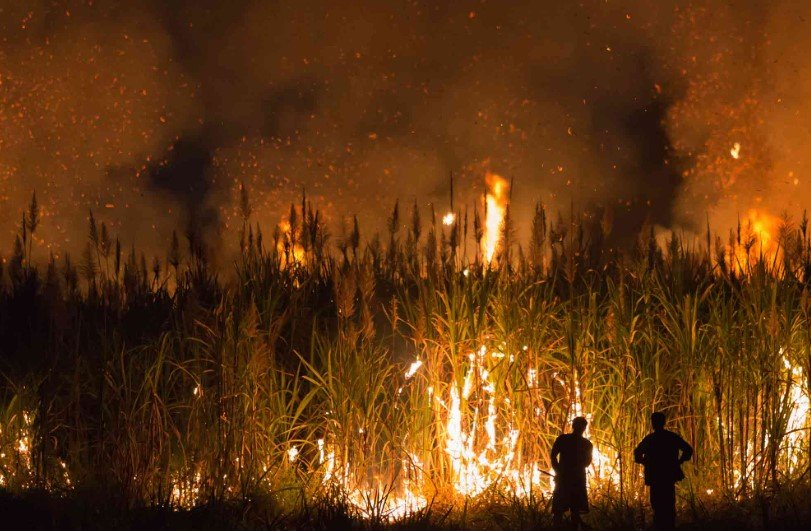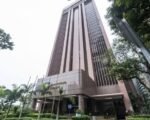A new initiative from Thailand’s central bank aims to curb the harmful effects of sugarcane burning, offering financial support to the sugar industry.
The Bank of Thailand has teamed up with Krungthai Bank (KTB), Siam Commercial Bank (SCB), and the Office of the Cane and Sugar Board (OCSB) to address the issue of PM2.5 air pollution caused by the sugar industry’s widespread use of open burning. As part of the pilot “Financing the Transition” programme, the initiative will help farmers purchase modern machinery to transition away from the practice of burning sugarcane before harvesting.
A Growing Pollution Problem
PM2.5 pollution has been a persistent issue in Thailand, exacerbated by industrial manufacturing, vehicle emissions, and the open burning of waste, including agricultural crop residue. The sugar industry is one of the major contributors to this air pollution, with burning sugarcane being a common practice to prepare the crops for harvest. This process not only contributes significantly to PM2.5 emissions but also worsens the country’s overall air quality.
As Thailand faces a growing environmental crisis, the government has made efforts to reduce harmful emissions from the agricultural sector. For years, the government has been promoting fresh sugarcane harvesting as a cleaner alternative to burning. However, a shortage of cane harvesters has hindered widespread adoption of this practice, forcing many farmers to continue relying on open burning.

The “Financing the Transition” Programme: A Financial Solution
The pilot programme launched by the Bank of Thailand aims to change this. It offers loans to sugarcane companies to purchase the equipment necessary for fresh harvesting, thus reducing their reliance on burning. By making these machines more affordable through tailored loan products offered by KTB and SCB, the central bank hopes to incentivize farmers to embrace more environmentally friendly practices.
This initiative is part of a broader government strategy to promote sustainable agricultural practices and cut down on air pollution. By making it easier for sugarcane companies to finance the purchase of modern equipment, the programme addresses both the financial challenges faced by farmers and the urgent need for cleaner air.
Aiming for Sustainable Practices
The financing programme reflects a growing recognition within the government and banking sector of the importance of sustainable agriculture. The initiative is expected to help shift the sugar industry away from burning, which is not only harmful to the environment but also has negative health consequences for communities living near sugarcane plantations.
The tailored loans offered by KTB and SCB are designed to meet the specific needs of sugar farmers, who often struggle to access financing for such large-scale equipment. By making these loans available, the central bank hopes to eliminate one of the biggest barriers to adopting sustainable farming practices.
What’s Next for Thailand’s Sugar Industry?
While the initial response to the pilot programme has been positive, the long-term success of the initiative will depend on its ability to scale and the willingness of farmers to transition to new harvesting methods. The shortage of cane harvesters remains a challenge, and it will be important for the government to address this issue alongside the financial support.
In addition to financial support, training programmes will be crucial in helping farmers learn how to use the new machinery effectively. There is also a need for continued research into more environmentally sustainable agricultural techniques that can be implemented across the industry.
For now, though, the “Financing the Transition” programme represents a promising step forward in Thailand’s ongoing efforts to combat air pollution and promote sustainable agricultural practices. If successful, it could serve as a model for other sectors and countries facing similar environmental challenges.








